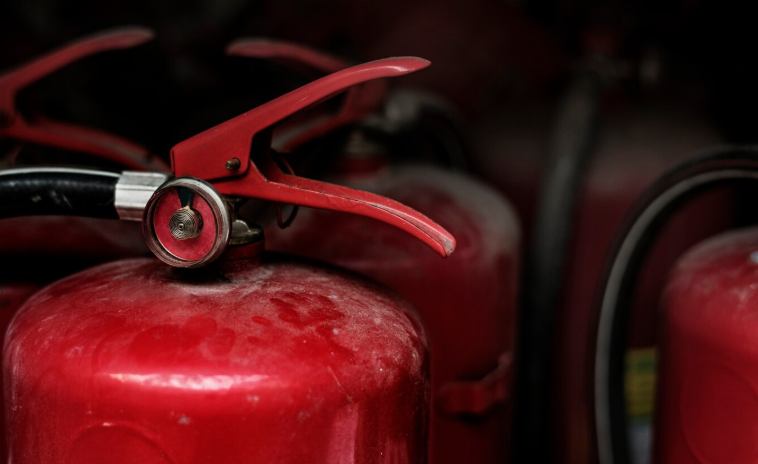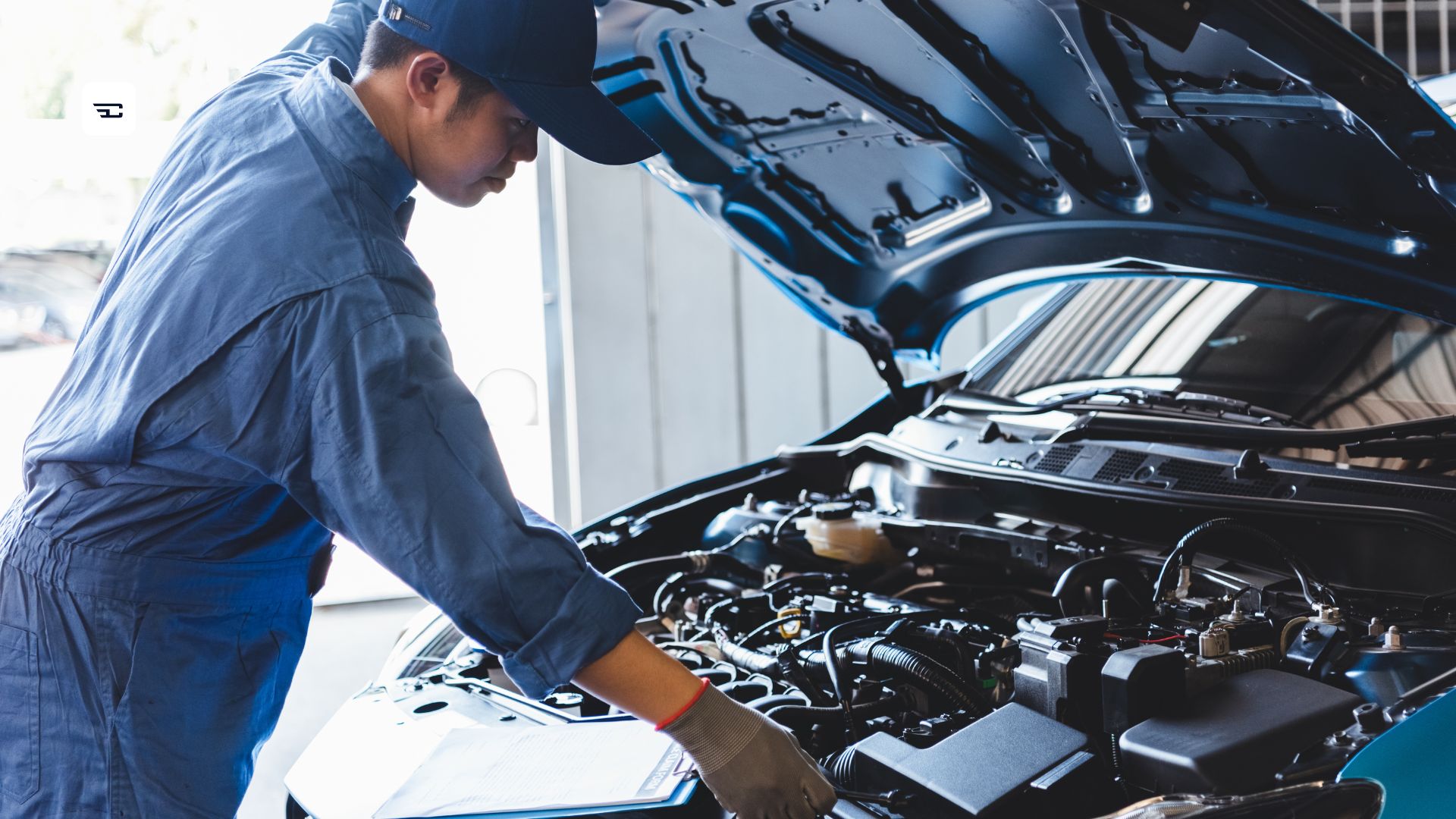When it comes to safeguarding your business against the destructive impact of a fire, selecting the appropriate fire suppression system is a significant choice. Fire not only destroys property and disrupts operations but also endangers employee safety.
It is crucial to evaluate some critical factors before choosing a fire suppression system to keep your business safe. Let’s look at the top things you need to consider before making a decision.
Type of business and risk profile
Each business has its unique fire risks depending on the business operation. A restaurant will have very different fire risks than a data center or a warehouse with flammable materials. The first step to choosing the right fire suppression system is to identify the fire risks in your industry.
Wet chemical systems are the best in a commercial kitchen. They can effectively suppress grease fires. A manufacturing facility might require a high-capacity suppression system for combustible dust or flammable liquids. Understanding the risk profile ensures appropriate fire protection solutions.
Size and layout of the building
The physical features of your facility, including size, height, and layout, are important factors that affect fire suppression system function.
In smaller, more compartmentalized environments, targeted systems are a practical choice. For example, a small dual agent fire suppression system is a great fit for a small, enclosed mechanical or electrical room.
If your facility has complicated layouts with rooms, stairways, or several different work zones, you may need custom design with different combinations of suppression systems.
Protection of sensitive equipment
Some industries contain delicate equipment that is sensitive to water or certain chemicals. For example, data centers, laboratories, and telecommunications rooms that have electronics that could suffer permanent damage from conventional sprinkler systems.
In these situations, clean agent fire suppression systems would be an excellent option. Clean agent systems use gas-based agents to suppress fire damage without harming electronics. Selecting the right system for your critical infrastructure saves valuable data and assets.
Environmental impact and compliance regulation
Some traditional suppression agents contain materials that are harmful to the environment or the ozone layer. That is why it is essential to comply with the current environmental standards and regulations set by both industries and governing bodies. Clean agent systems are a great choice, as they offer low toxicity and minimal environmental impact.
Budget and long-term maintenance
Businesses should also consider the ongoing maintenance costs, inspections, and refilling of suppression agents after use. Some systems may seem affordable at installation, but they might come with higher recurring maintenance costs.
However, the advanced or automated systems may require significant funds, but they can save you money over time. They can reduce maintenance costs and improve efficiency. So, it is essential to evaluate the total costs of ownership when comparing systems.
Conclusion
Installing an effective fire suppression system is an investment in your business’s safety, sustainability, and continuity. By considering specific risks, the layout of the building, the equipment, your environmental goals, and your budget, you can select a system that provides a level of protection and peace of mind.




